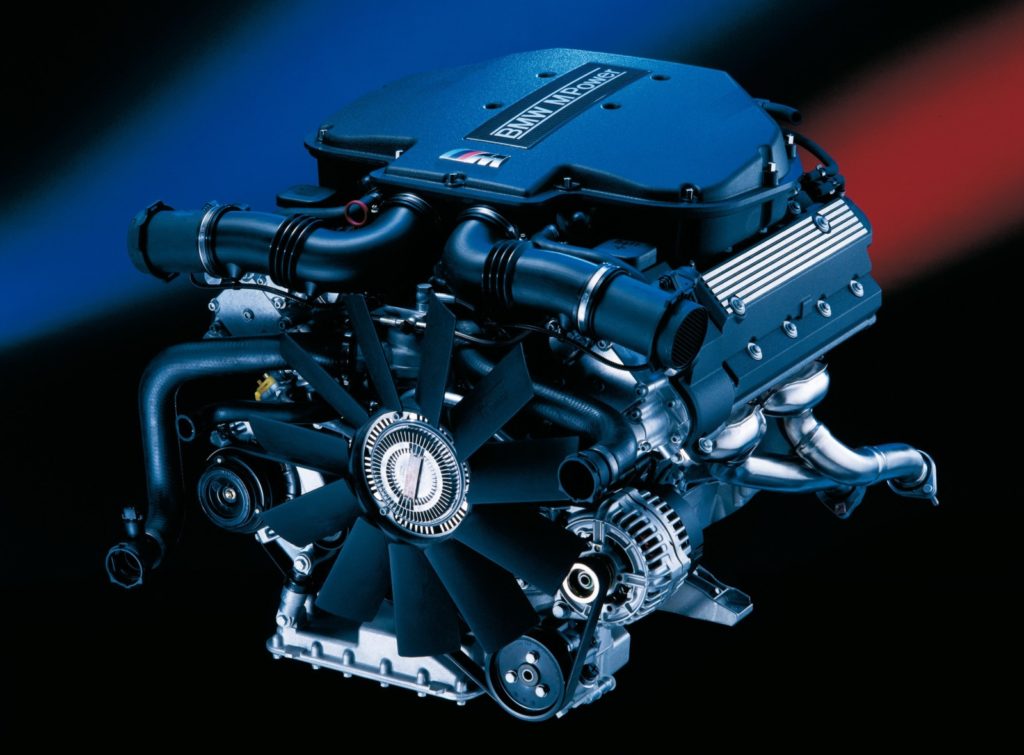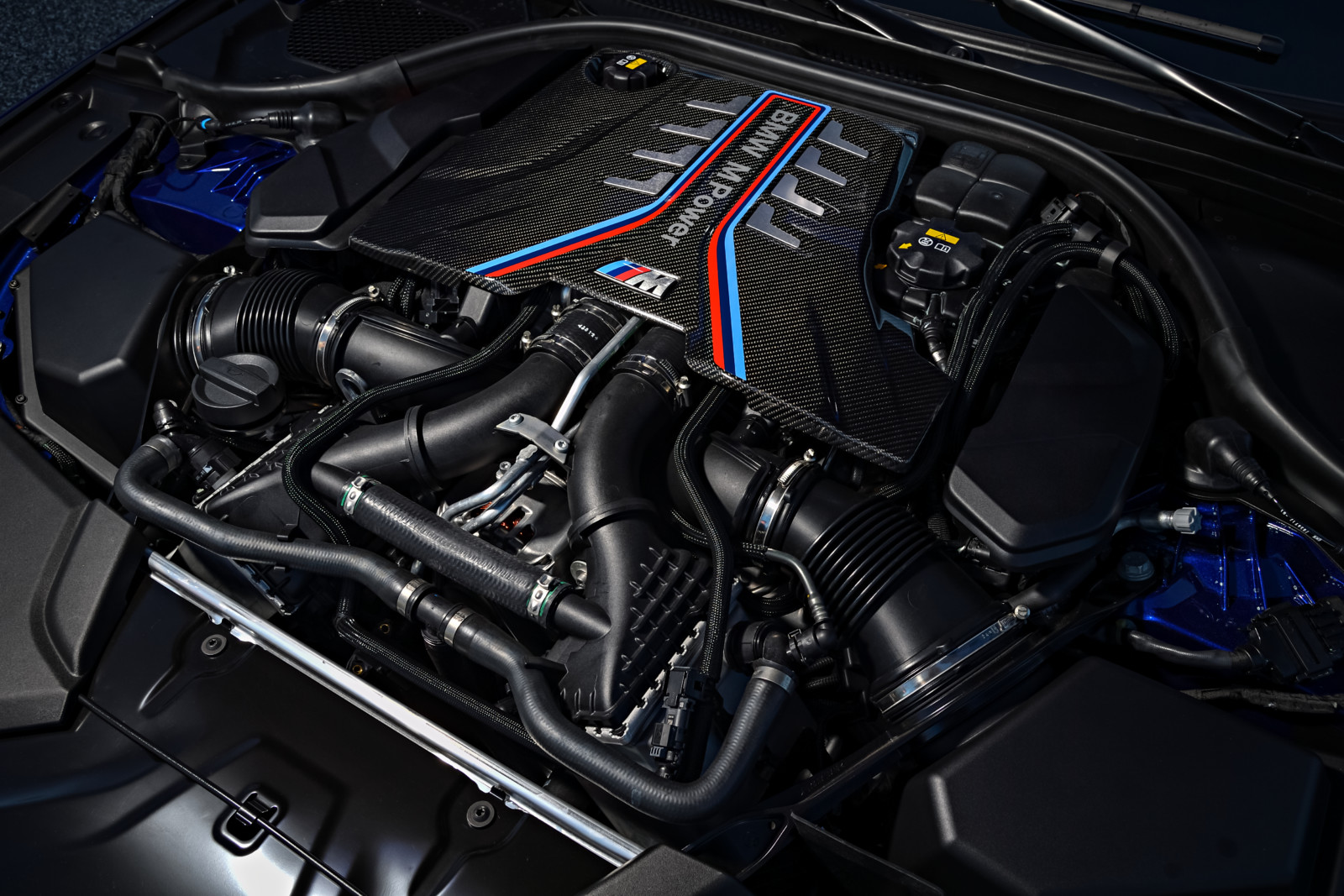A Comprehensive Guide to Comprehending BMW Engine Specifications
A Comprehensive Guide to Comprehending BMW Engine Specifications
Blog Article
Revealing the Intricacies of Next-Generation Power Units: a Deep Dive Into Advanced Engine Advancements and styles
As we stand on the precipice of a brand-new age in transportation, the details of next-generation engine styles bid us to check out the cutting-edge innovations and innovations that guarantee to redefine the driving experience. Delving deeper right into the realms of exhaust control, intelligent engine administration systems, and the horizon of power system growth, we locate ourselves on the cusp of a transformation that guarantees to improve the landscape of movement as we recognize it.
Evolution of Engine Materials

The shift in the direction of progressed engine products has actually also enabled engineers to create engines with greater power results while maintaining fuel efficiency requirements. For instance, using light-weight products lowers the total weight of the engine, leading to improved fuel economic climate and lower discharges. Furthermore, improvements in materials innovation have enabled much better thermal administration within engines, resulting in increased reliability and longevity.
Turbocharging and Supercharging Technologies
Just How do Turbocharging and Supercharging Technologies reinvent engine performance and efficiency in modern-day cars? Turbocharging and supercharging are innovations that substantially enhance engine efficiency by boosting the amount of air consumption into the burning chamber. Turbocharging accomplishes this by utilizing a generator driven by exhaust gases to pressurize the consumption air, while supercharging uses a belt- or chain-driven compressor to attain the exact same effect.
These modern technologies allow smaller, extra fuel-efficient engines to generate power equivalent to bigger ones, understood as downsizing. By forcing even more air into the cyndrical tubes, turbocharging and supercharging boost combustion performance, leading to increased horse power and torque output without a substantial boost in engine size. This brings about better acceleration, lugging capacity, and total driving efficiency.
In addition, turbocharging and supercharging add to enhanced fuel performance by enabling the usage of smaller sized engines that consume less gas under regular driving conditions - bmw engine. This combination of boosted efficiency and efficiency has made turbocharging and turbo charging integral components of lots of modern-day engine designs
Emission Control and Environmental Effect
With boosting international concerns concerning air high quality and ecological sustainability, the execution of emission control technologies in lorries plays an important function in lowering harmful pollutants released into the atmosphere. Modern cars are furnished with advanced discharge control systems that assist lessen the ecological effect of vehicle procedures. Catalytic converters, for example, are created to transform hazardous gases such as carbon monoxide gas, nitrogen oxides, and hydrocarbons right into much less dangerous compounds like carbon dioxide and water vapor.
Moreover, improvements in engine innovation, such as the combination of exhaust gas recirculation systems and careful catalytic reduction, have significantly added to decreasing exhausts. These innovations work in tandem to optimize burning performance and lessen the release of hazardous pollutants right into the air. Furthermore, the advancement of hybrid and electrical lorries stands for a vital step towards reducing the total ecological footprint of the transport market.
Intelligent Engine Administration Systems

Additionally, these systems enable automobiles to meet rigorous discharges criteria without jeopardizing efficiency, offering a more eco friendly driving experience. The assimilation of expert system and artificial intelligence abilities in engine management systems remains to push the limits of what is feasible, causing further enhancements in performance, reliability, and general vehicle performance. bmw engine. As auto technology breakthroughs, intelligent engine administration systems will certainly play look at this site a critical role in forming the future of transport towards a more lasting and reliable instructions
Future Trends in Power Unit Advancement
As smart engine monitoring systems lead the method for improved control and optimization in contemporary cars, future trends in power unit development are positioned to redefine the landscape of auto propulsion modern technologies. These alternate power sources provide improved efficiency and efficiency while lining up with strict environmental regulations.
Another considerable trend is the integration of innovative products and manufacturing techniques. Light-weight materials such as carbon fiber and aluminum are being made use of to minimize overall vehicle weight, boosting fuel efficiency and efficiency. Furthermore, developments in 3D printing and additive production are making it possible for the production of complex engine parts with higher accuracy and longevity.
Moreover, synthetic knowledge and maker learning are playing a crucial function in optimizing power device performance. These modern technologies permit real-time surveillance and adaptive control, bring about a lot more reputable and efficient power shipment. Overall, future fads in power unit advancement are geared in the direction of efficiency, sustainability, and efficiency, driving the automobile market in the direction of a new age of propulsion modern technologies.

Verdict
To conclude, the advancements in engine products, turbocharging, discharge control, and smart administration systems have actually paved the means for next-generation power systems. These technologies have not only better performance and effectiveness yet also reduced ecological influence. As innovation remains to evolve, future patterns in power device development are likely to concentrate on further improving sustainability and maximizing power output. The elaborate layouts and innovations in modern engines display the recurring evolution of vehicle modern technology. this content
Exploring the modern improvements in engine products has actually been essential in boosting the efficiency and performance of modern-day engines. Over the years, the advancement of engine products has actually played an important function in pushing the limits of what engines can accomplish.The change in the direction of progressed engine products has actually additionally made it possible for designers to make engines with greater power results while keeping gas performance criteria.The implementation of smart engine monitoring systems in modern-day lorries has actually changed the means engines are regulated and maximized for efficiency and performance. By accumulating information in real-time and examining it with innovative algorithms, intelligent engine management systems can adapt to driving designs, ecological variables, and engine wellness to take full advantage of power outcome while reducing fuel consumption and exhausts.
Report this page